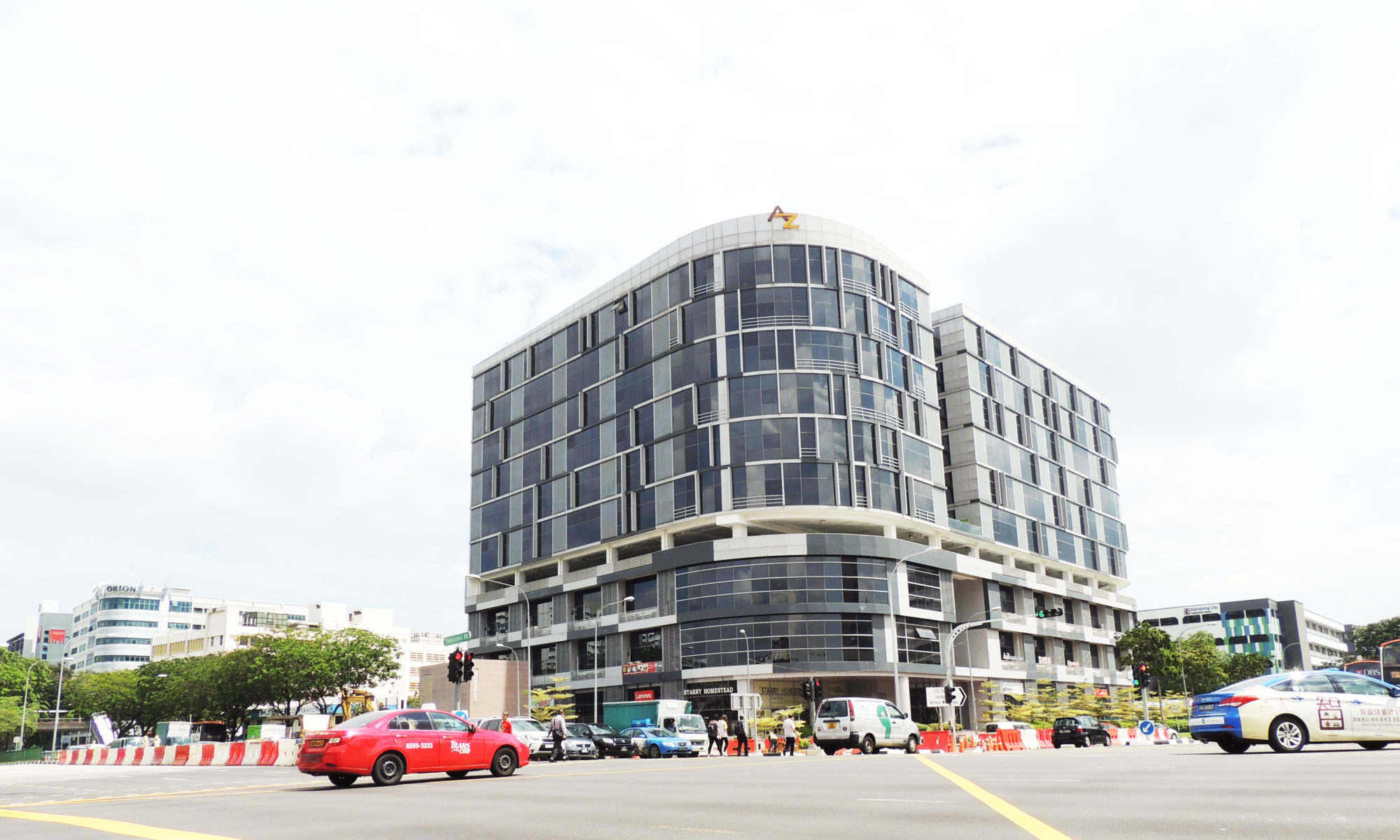What is the Progressive Wage Model?
Developed by tripartite committees consisting of unions, employers and the government, the PWM helps to uplift low-wage workers in the cleaning, security and landscape sectors.
Wages in these sectors had stagnated due to widespread cheap sourcing. The low wages in turn resulted in high turnover and labour shortages.
The PWM benefits workers by mapping out a clear career pathway for their wages to rise along with training and improvements in productivity and standards.
At the same time, higher productivity improves business profits for employers. Service buyers also enjoy better service standards and quality.
What is the Local Qualifying Salary (LQS)?
The Local Qualifying Salary is used to determine the number of local employees that count towards a company’s foreign worker ratio.
This ensures that local workers are employed meaningfully, rather than being employed on token salaries to allow the employer access to foreign workers.
A Singaporean or Permanent Resident employee employed under a contract of service, including the company’s director, is counted as:
- 1 local employee if they earn the LQS of at least $1,400 per month.
- 0.5 local employee if they earn half the LQS of at least $700 to below $1,400 per month.
Refresh Progressive Wage Approach and Coverage
On 29 Aug 2021, Government has accepted three suggestions from a tripartite work group to uplift lower-wage workers on his National Day Rally speech.
1. Expand progressive wages to new sectors, including:
- Retail from Sept 2022,
- Food Services from March 2023 and;
- Waste Management from 2023.
2. Extend existing cleaning, security and landscape PWMs to in-house workers from Sept 2022.
3. Introduce new occupational progressive wages to:
- Administrators from March 2023 and;
- Drivers from March 2023.
4. From Sept 2022, firms employing foreign workers have to pay at least the Local Qualifying Salary (LQS) of $1,400 to all local workers.
Currently, firms have to pay some local workers this amount, depending on how many foreign workers they hire.
Different industries have different foreign worker quotas.
Example: companies in the services sector have to pay 13 locals S$1,400 or more before they can hire seven foreign workers to fulfil its quota of 35 per cent.
From Sep 1, 2022, any firm employing foreign workers will have to pay at least the minimum salary to all its workers before it can hire any foreigners.
5. Progressive wages and LQS will be converted to fair hourly rates for those working part-time or overtime.
Meaning that firms will be able to hire locals on different work arrangements and pay them a fair wage based on hours worked, without affecting their foreign worker quota.
6. A Progressive Wage Mark will also be introduced to accredit companies that are paying all their workers progressive wages.
The mark will tell consumers which companies are paying all their workers “decent wages”
